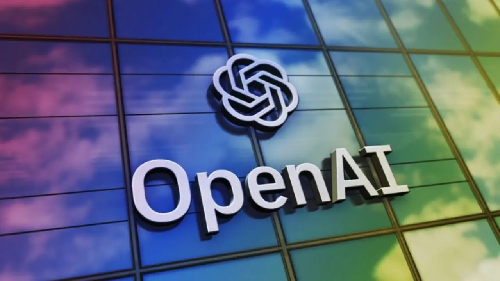In a bold move poised to disrupt the internet browsing landscape, OpenAI has announced the upcoming launch of its very own AI-powered web browser, designed to provide a smarter, more intuitive online experience — and challenge the long-standing reign of Google Chrome.
The browser, internally codenamed “Omni”, integrates ChatGPT’s advanced language capabilities directly into the user’s browsing workflow, offering context-aware search, instant summarization of web content, real-time assistance, and voice-driven navigation.
“We believe web browsing should be more than clicking links — it should feel like having an intelligent assistant by your side,” said Sam Altman, CEO of OpenAI.
- AI-Enhanced Search: Skip traditional search engines and ask the browser questions directly
- Contextual Summaries: Summarize long articles, PDFs, or even video transcripts instantly
- Multimodal Integration: Understands and explains images, charts, and video content
- Privacy-Focused: No ad tracking, with optional encrypted search
- Cross-Platform: Desktop and mobile versions, with seamless ChatGPT sync
The browser is currently in private beta testing, with a broader release expected later in 2025. Analysts see this as OpenAI’s biggest step yet into consumer-facing technology, extending the company’s reach beyond productivity tools and APIs into everyday internet use.
A True Chrome Challenger?
While Google Chrome dominates the market with over 60% share, OpenAI’s browser could attract users seeking a smarter, AI-first alternative — especially those already embedded in the ChatGPT ecosystem.
“If OpenAI gets this right, they could redefine what browsing means in the AI era,” said tech analyst Joanna Mills of WiredEdge.
OpenAI’s browser could potentially integrate with Bing (via Microsoft partnership) or even serve as the foundation for its own AI search engine, igniting a new chapter in the battle for the future of the web. The browser wars are heating up again — but this time, AI is steering the wheel.







